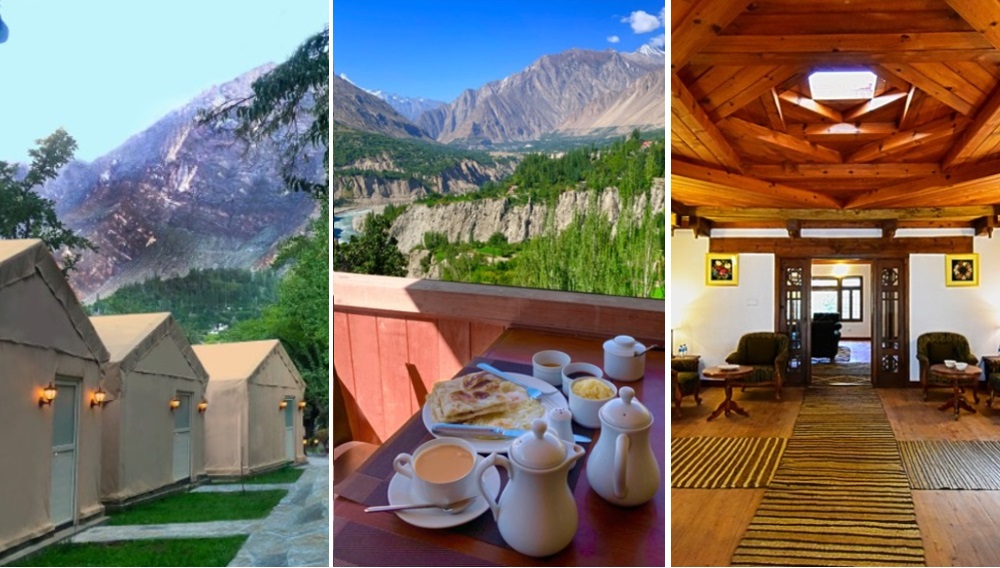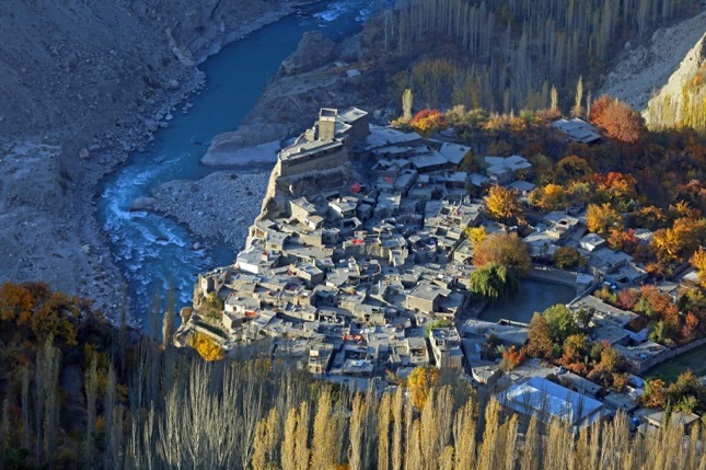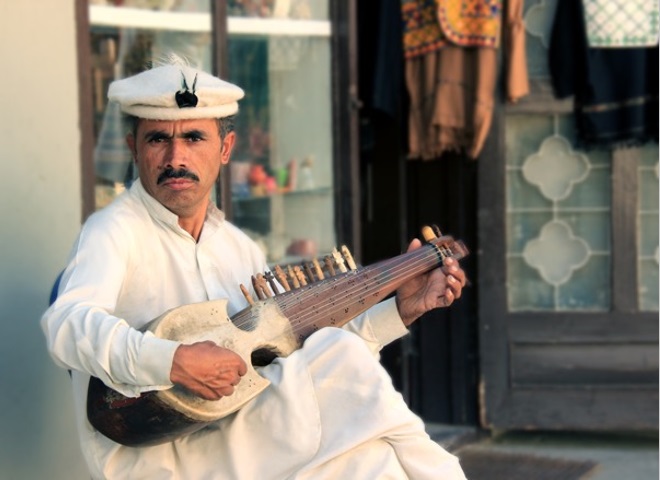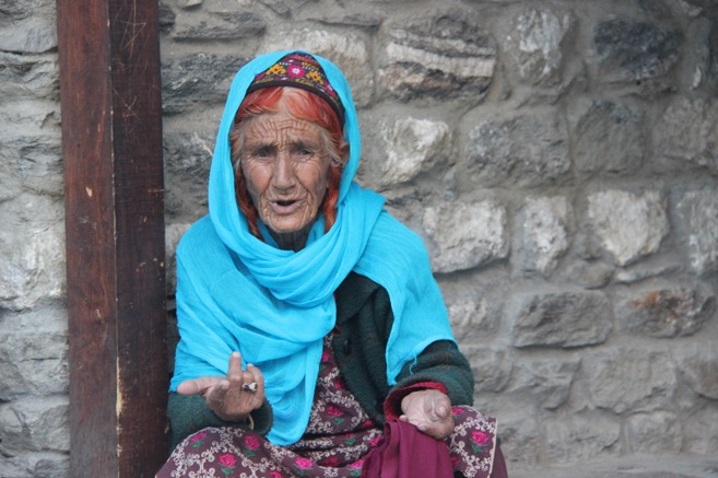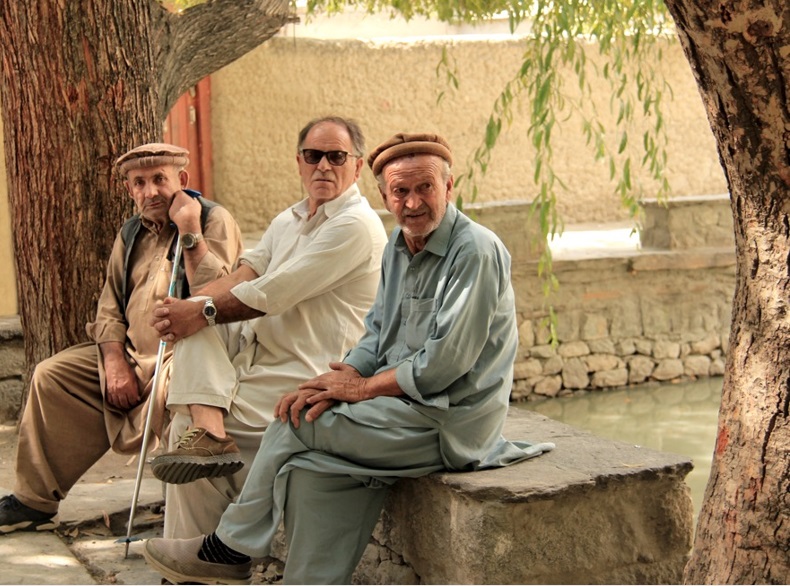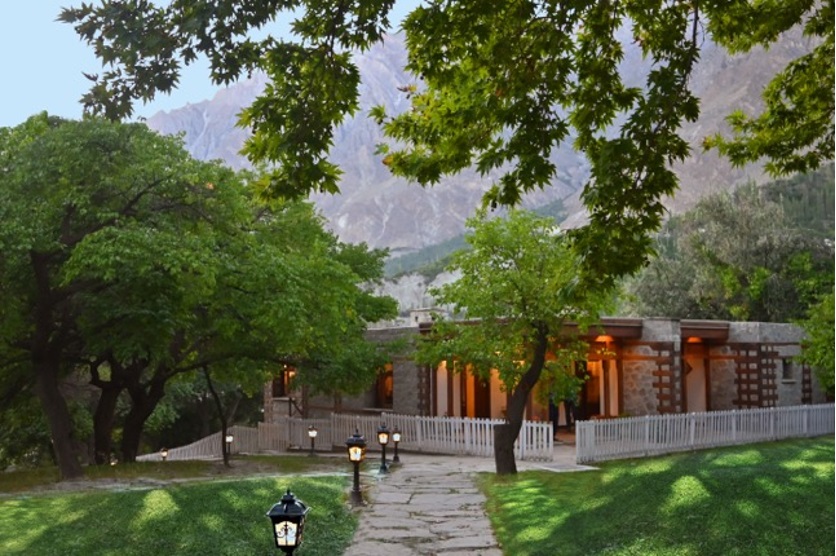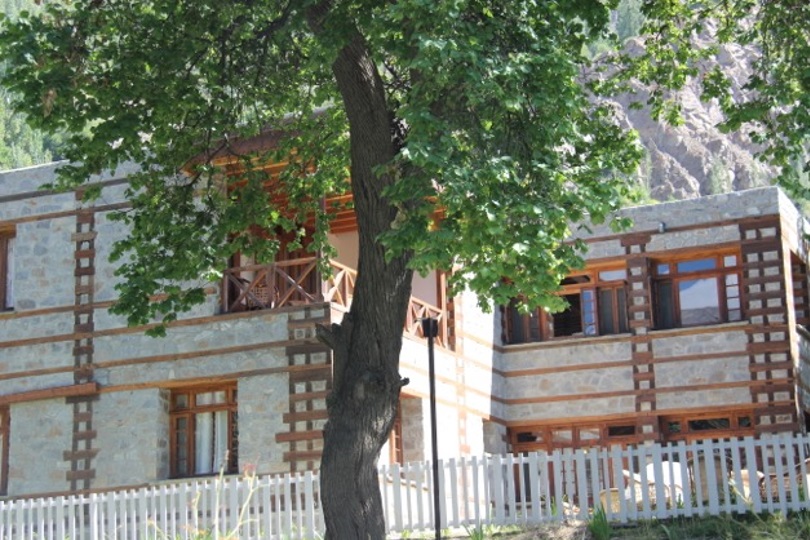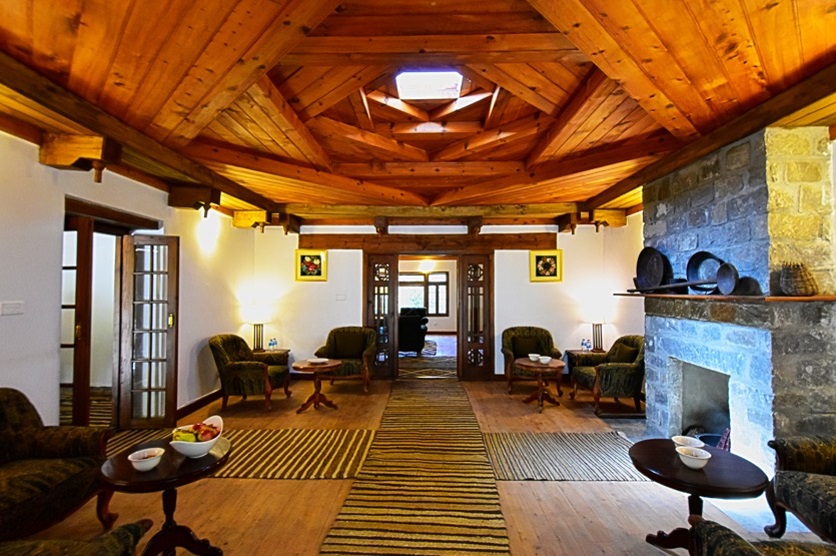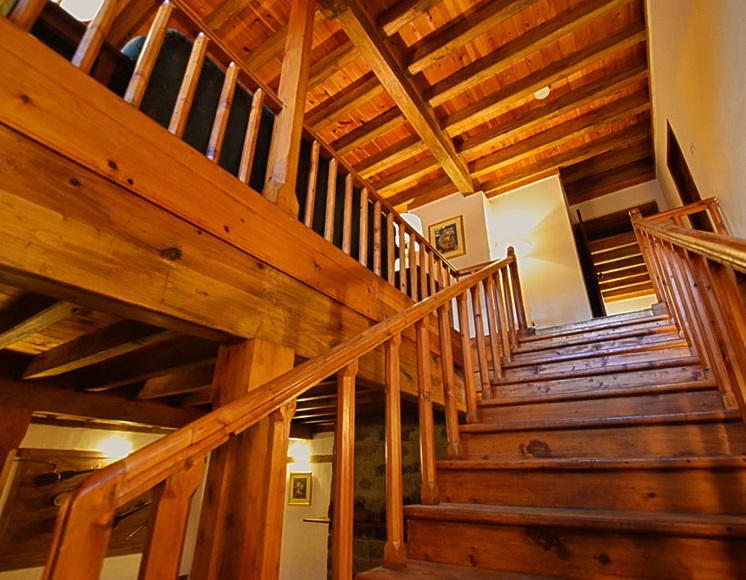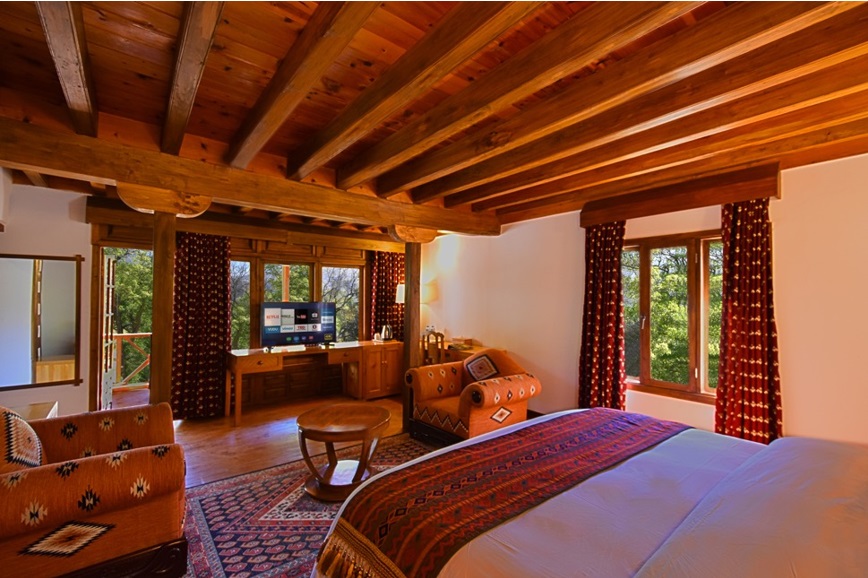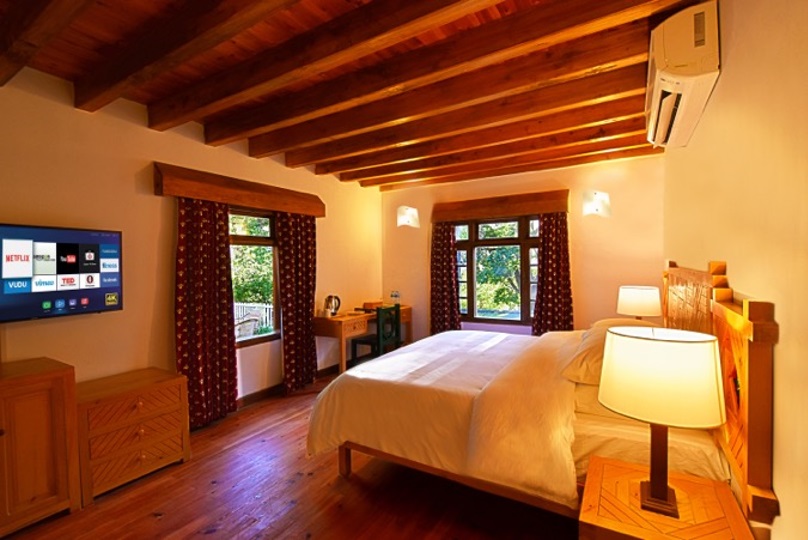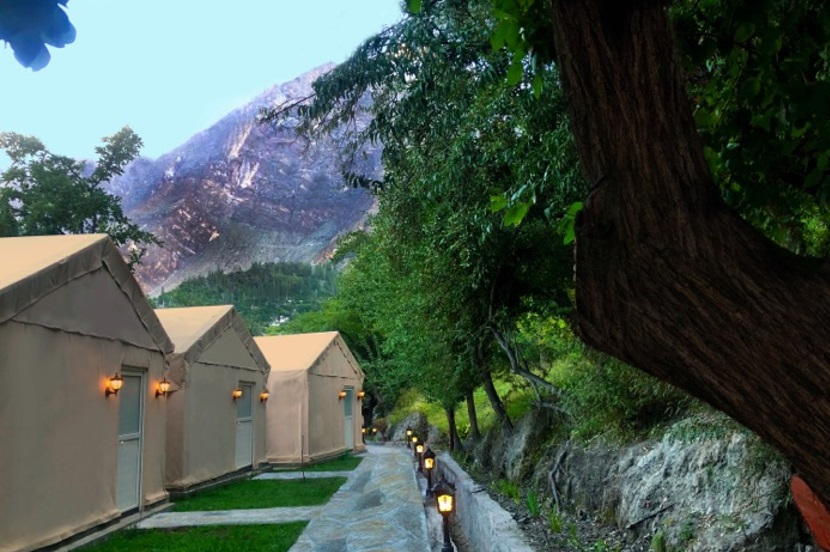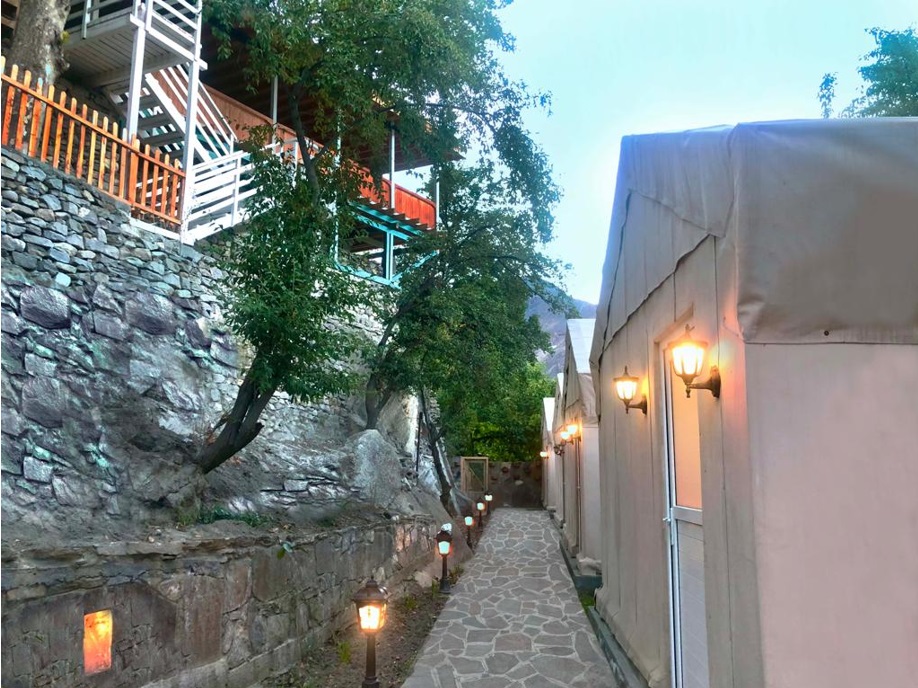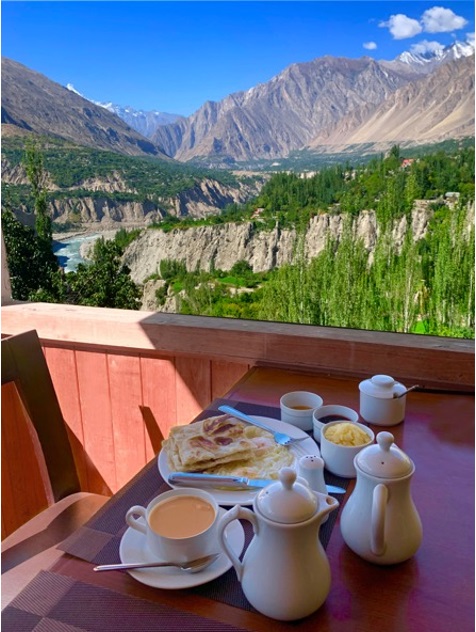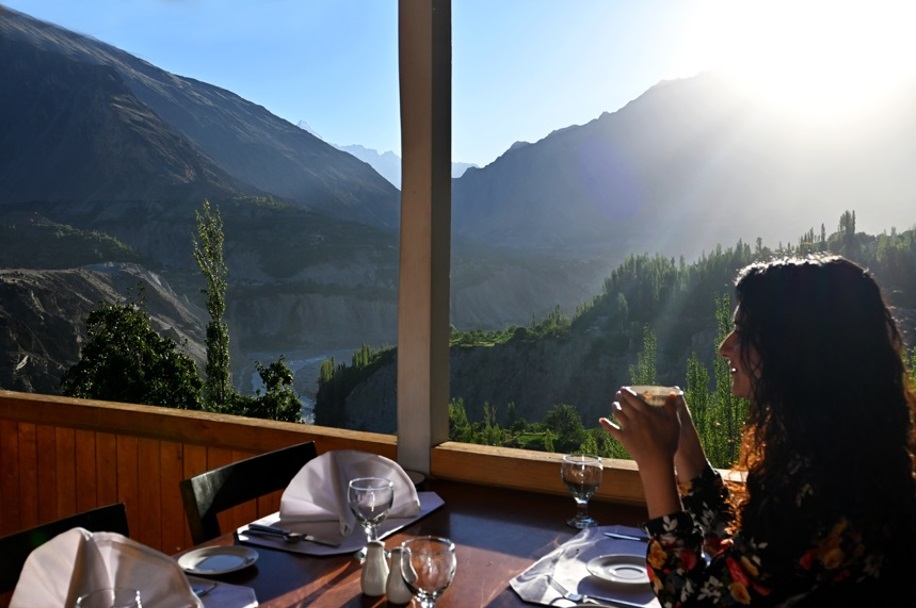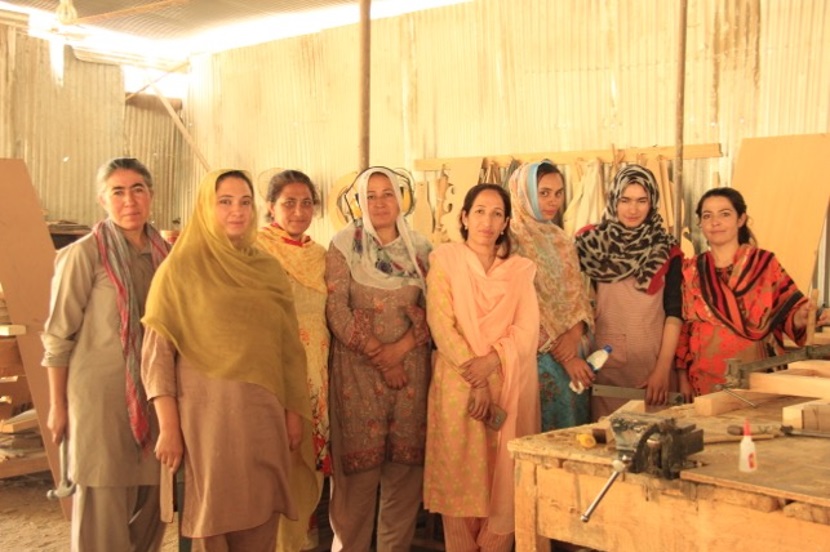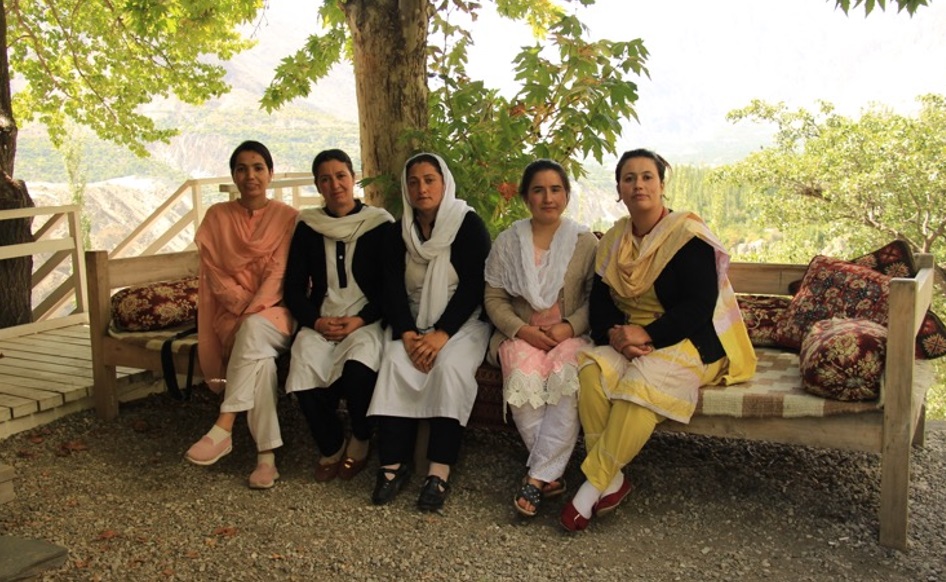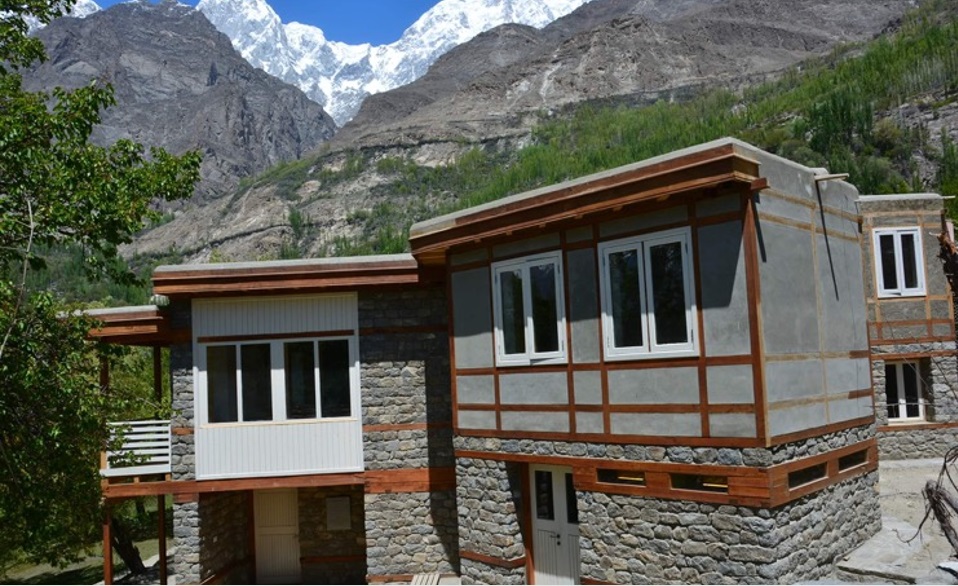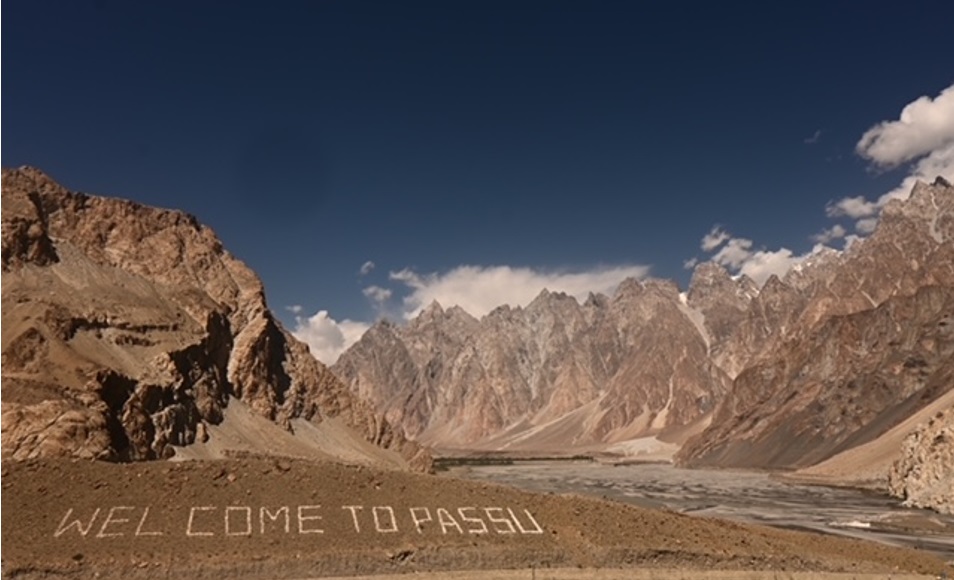Serena Altit Fort Residence is the latest addition to the Serena Hotels range of Hotels, Forts and Palaces in the Northern Areas of Pakistan.
Situated at the footsteps of the 1100 years old Altit Fort, the Residence is a part of the medieval village of Altit-Khun, that has been restored by the Aga Khan Trust for Culture through its Historical Cities Programme.
The new Serena Altit Fort residence features 16 beautifully appointed rooms with views of the Royal Garden and Hunza Valley.
All rooms and huts are equipped with modern amenities designed to provide the utmost comfort and luxury, ensuring a tranquil experience for the guests.
The rooms in the former residence of the son of Mir Jamal Khan of Hunza were built at the time of the restoration of the Altit Fort.
Traditional construction techniques, including the use of stone, wooden beams, and limestone instead of concrete, were used to allow it to blend seamlessly with the surroundings. The furnishings in these rooms utilize indigenous wood and materials, hand-woven local textiles, and traditional woodcarvings of the area.
The common areas have been appointed with heritage artifacts of the Mir’s family and offer serene views of the KhaBasi garden and surroundings.
These original features create welcoming spaces, connecting the guest to the culture of the locals and the beauty of the surrounding landscape.
The executive room features large windows offering gorgeous views of the ancient garden, and a spacious balcony with seating. It has a roomy attached bathroom featuring a bathtub and a walk-in closet.
The standard rooms feature double or twin beds, spacious attached bathrooms with hot water, heating, and cooling facilities, work desks, complimentary WiFi, and flat-screen HDTV with cable and satellite programming.
HUTS
Designed to offer an utterly unique experience, the huts with valley views are set in the lower edge of the KhaBasi Garden and offer stunning views of the Hunza river and valley.
Each hut features a sitting balcony, heating, and cooling facilities, HDTV, WiFi, and an attached bathroom.
KHABASI RESTAURANT
The KhaBasi Restaurant is situated at a vantage point overlooking the Hunza Valley and offers local specialties such as Dawdo soup, Burustz Berikutz, Chap Shuro), Hoi Garma, and Tumuro Chai (local herbal tea) besides Continental and Pakistani fare.
Altit Fort has been home to a flourishing women’s social enterprise named CIQAM since 2003 ever since restoration work began on the Altit Fort.
Formerly the Women Social Enterprise, it was created in 2003 as a project developed under Aga Khan Cultural Services Pakistan (AKCSP). The Royal Norwegian Embassy (RNE) has also provided support and funding for the project over the years.
Through this enterprise, skilled-based training of local women in traditionally male-dominated skills like carpentry, construction, and masonry, topographic and architectural surveys, hospitality, historical restoration, and documentation have been imparted.
Serena Altit Fort Residence features furnishings like beds, cupboards, and side tables constructed by the women of the CIQAM enterprise.
There is a focus on eco-friendly and sustainable practices and environmentally conscious use of natural resources at CIQAM.
OTHER ATTRACTIONS:
The Leif Larsen Music Center is situated within the Royal Garden of the Altit Fort compound. The Center provides facilities for traditional musicians and performers of Gilgit-Baltistan and Chitral to train youth in different traditions and genres of mountain music. It was set up under the Aga Khan Music Initiative in partnership with Royal Norwegian Embassy.
Following the Ustaad-Shagird (teacher-apprentice) model of music education, the Center offers students training courses in local music instruments, music education, and production as well as short residencies for visiting artists, writers, historians, and environmentalists.
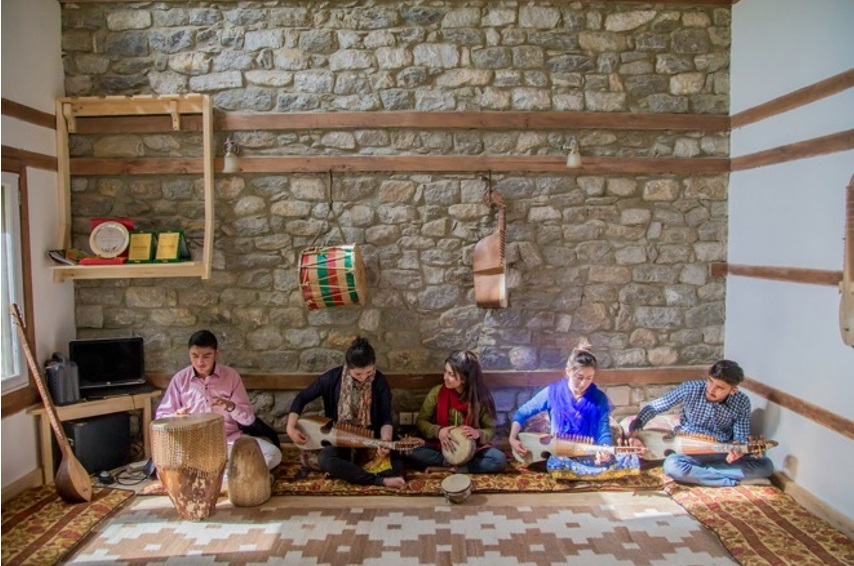
KKH ATTRACTIONS, the KKH, due to its difficult terrain and the engineering difficulties faced during its construction, is referred to as the eighth wonder of the world. The highway allows easy access to attractions in the region including the jewel-colored 26 km long Attabad lake, the charming Gulmit village in Gojal Valley, the jagged shaped Passu Cathedral Mountain range, and Passu Glacier.
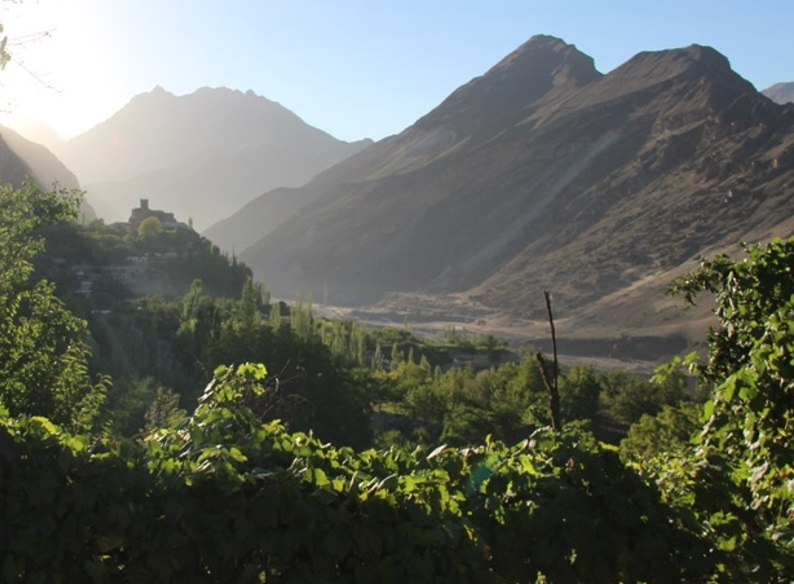
The highway culminates in Sost and the bio-diverse wildlife park of Khunjerab and the famous Khunjerab Pass at the Pak-China border, the highest border crossing of the world.



